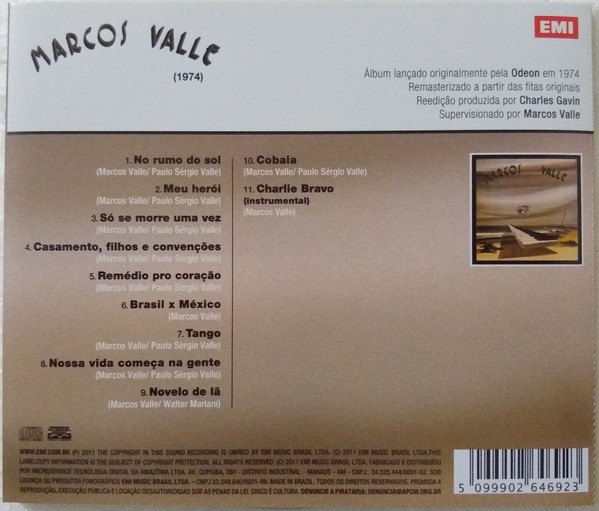Hi @blackdarkmatter,
I appreciate your insight on this matter. Taking into account the Official Portuguese Language Guideline, my request indeed gains more substance. Allow me to quote the relevant section (apologies to our non-Portuguese speaking readers):
Base XLIV
*Escrevem-se com maiúsculas iniciais, nas citações, os títulos e subtítulos de livros, de publicações periódicas e de produções artísticas: O Primo Basílio - Episódio Doméstico, Os Sertões, Serões Gramaticais; A Noite (nome de jornal), Diário Oficial, Revista Lusitana; O Desterrado (estátua de Soares dos Reis), O Guarani (ópera de Carlos Gomes), Transfiguração (quadro de Rafael). No entanto, escrevem-se com minúsculas iniciais (ou minúscula exclusiva, se unilíteros), sem prejuízo de haver sempre maiúscula na primeira palavra, os seguintes componentes de títulos e subtítulos deste género: *
*1.°) formas do artigo definido ou do pronome demonstrativo afim; *
*2.°) palavras inflexivas (preposições, advérbios, etc.), simples ou combinadas com as mesmas formas; *
3.°) locuções relativas a qualquer categoria de palavras inflexivas e combinadas ou não de modo idêntico. Exemplos dos três casos: Contra o Militarismo, Sóror Mariana, a Freira Portuguesa; A Morgadinha dos Canaviais - Crónica da Aldeia, Mil e Seiscentas Léguas pelo Atlântico, Oração aos Moços, Reflexões sobre a Língua Portuguesa, Voltareis, ó Cristo?; Algumas Palavras a respeito de Púcaros em Portugal, A propósito de Pasteur, Viagem à roda da Parvónia.
Translating:
Base XLIV
Titles and subtitles of books, periodical publications, and artistic productions are written with initial capitals in citations: O Primo Basílio - Domestic Episode, Os Sertões, Grammar Evenings; A Noite (newspaper name), Diário Oficial, Revista Lusitana; The Exiled (statue by Soares dos Reis), O Guarani (opera by Carlos Gomes), Transfiguration (painting by Rafael). However, the following components of titles and subtitles of this genre are written with initial lowercase (or exclusive lowercase, if single-lettered), without prejudice to always having a capital letter in the first word:
- forms of the definite article or related demonstrative pronoun;
- inflective words (prepositions, adverbs, etc.), simple or combined with the same forms;
- phrases related to any category of inflective words and combined or not in the same way. Examples of the three cases: Against Militarism, Sister Mariana, the Portuguese Nun; The Country Girl from Canaviais - Chronicle of the Village, A Thousand and Six Hundred Leagues Across the Atlantic, Prayer to the Young Men, Reflections on the Portuguese Language, Will You Return, O Christ?; Some Words about Jugs in Portugal, Regarding Pasteur, A Journey Around Parvónia.
This official documentation firmly supports my request. I want to emphasize that the current approach adopted by MusicBrainz for Portuguese titles contradicts the Official Portuguese language guideline. This, I believe, further substantiates my claim.
Best
